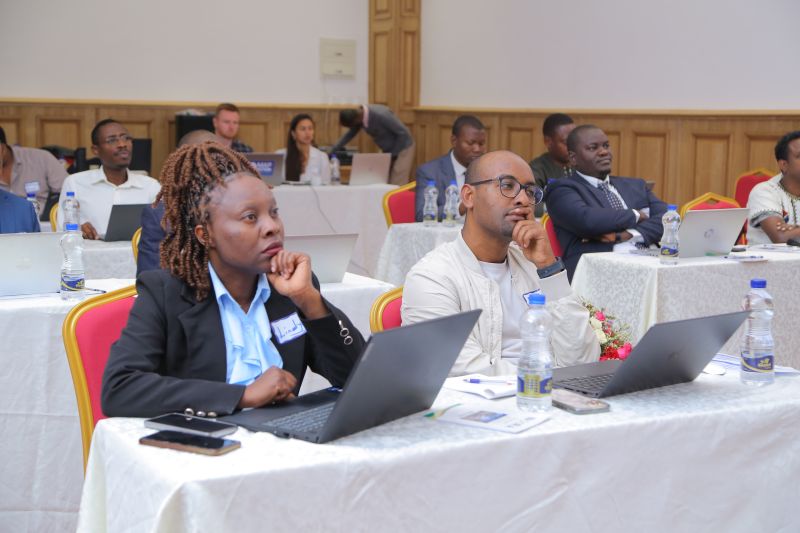From September 15th to 19th, we co-hosted a comprehensive, five-day regional training for data analysts and epidemiologists in Bishoftu, Ethiopia with our partners at Applied Epi. Following two-months of online sessions, the training was the first in-person convening for 12 participants from Ethiopia, Mozambique, Nigeria, and Zambia—the four countries partnering with Resolve to Save Lives to implement Collaborative Surveillance.
The participants learned advanced coding skills (R Markdown and GIS) to help them automate, clean, analyze, and interpret large, complex datasets, including case line lists, laboratory results, and surveillance data. When professionals lack these skills, data are frequently under-analyzed or processed slowly, which hinders both outbreak detection and the ability to effectively prioritize response resources.
Each participant will complete a capstone project using R coding to automate a specific information project. Among those already completed: a Zambian colleague automated the quarterly 7-1-7 technical report, and an Ethiopian colleague automated the cholera situation report and a PowerPoint presentation, using R so stakeholders can make faster, informed decisions on response activities.
Learn more about our Collaborative Surveillance work here.
